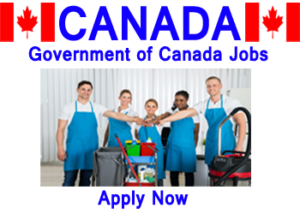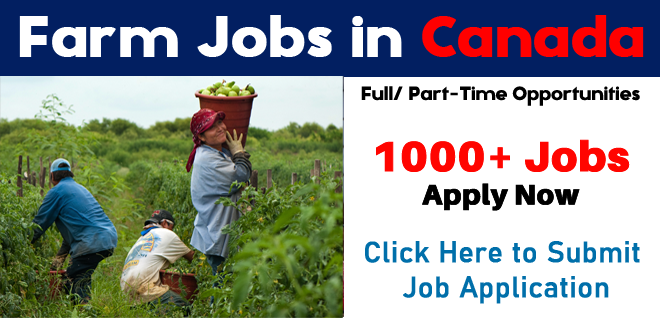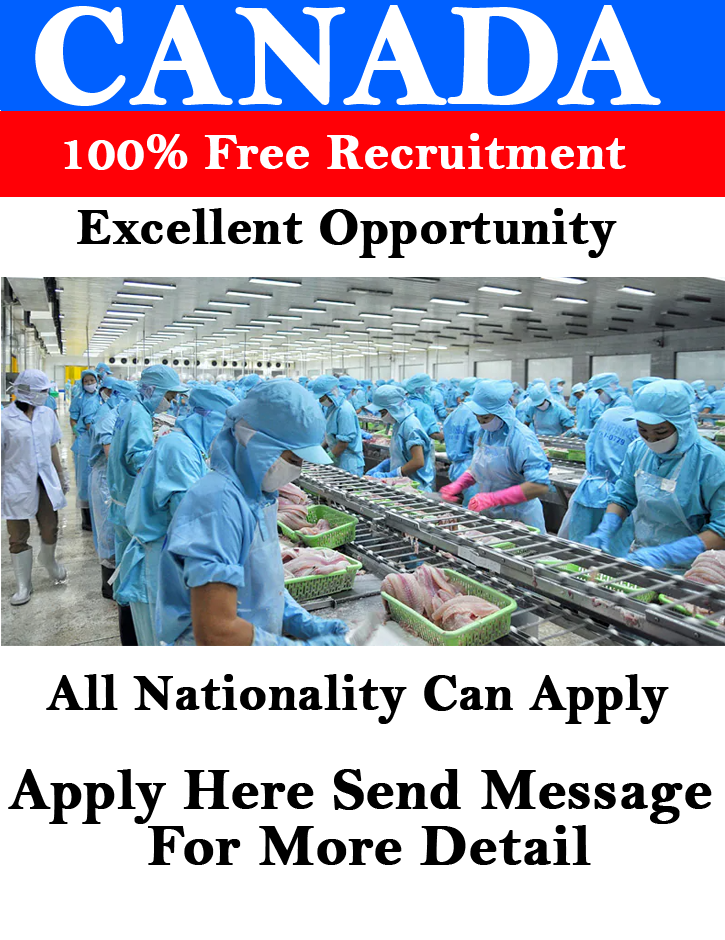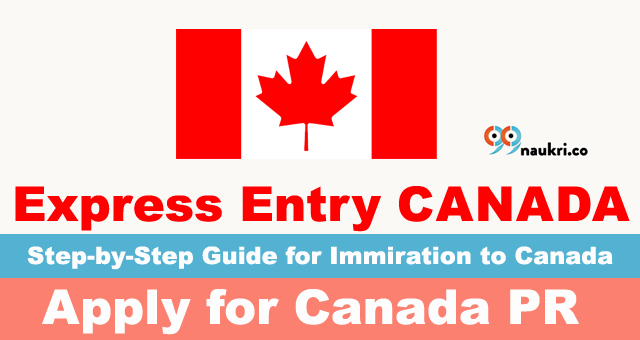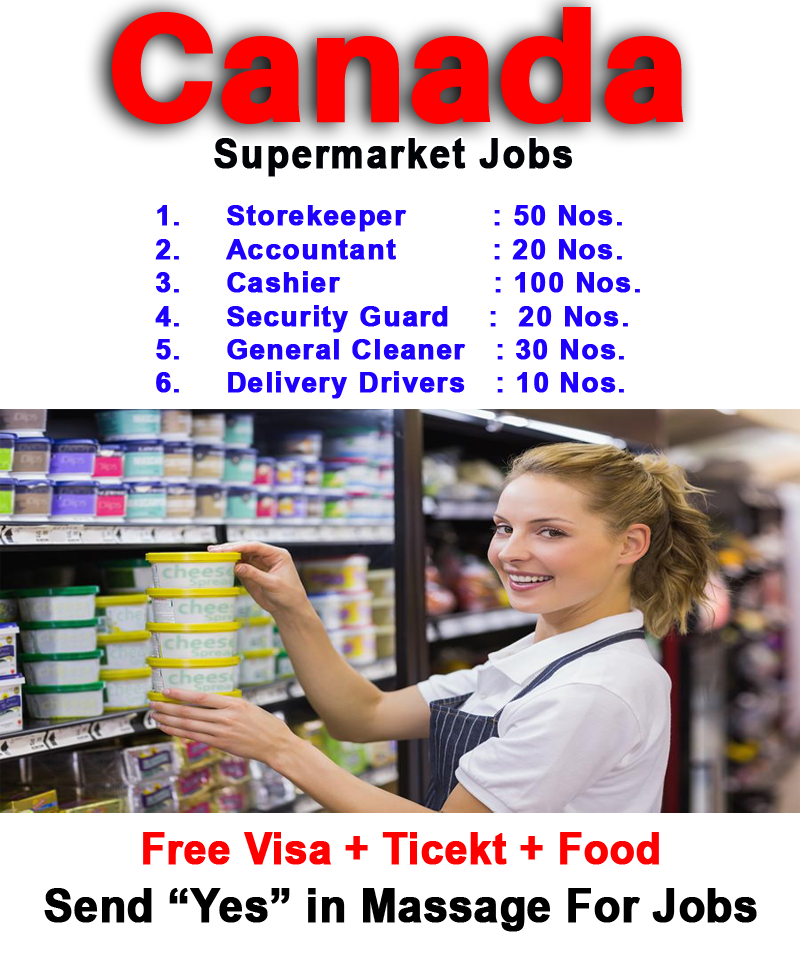How to Find a Job in Canada From US
How to Find a Job in Canada From US, Are you tired of job hunting in the US and eager to explore job opportunities in Canada? Well, you’re not alone. Many individuals are now considering relocating to Canada for better job prospects and a higher quality of life. However, finding a job in a foreign country can be daunting, especially when you don’t know where to start.
The good news is that it’s not impossible. With the right information and strategies, you can land your dream job in Canada within a short time. In this blog post, we’ll explore everything you need to know about finding a job in Canada from the US. From job search platforms to visa requirements, we’ve got you covered. So, sit back, relax and let’s dive in!
Latest Jobs: 1000+ Jobs
Location: Canada
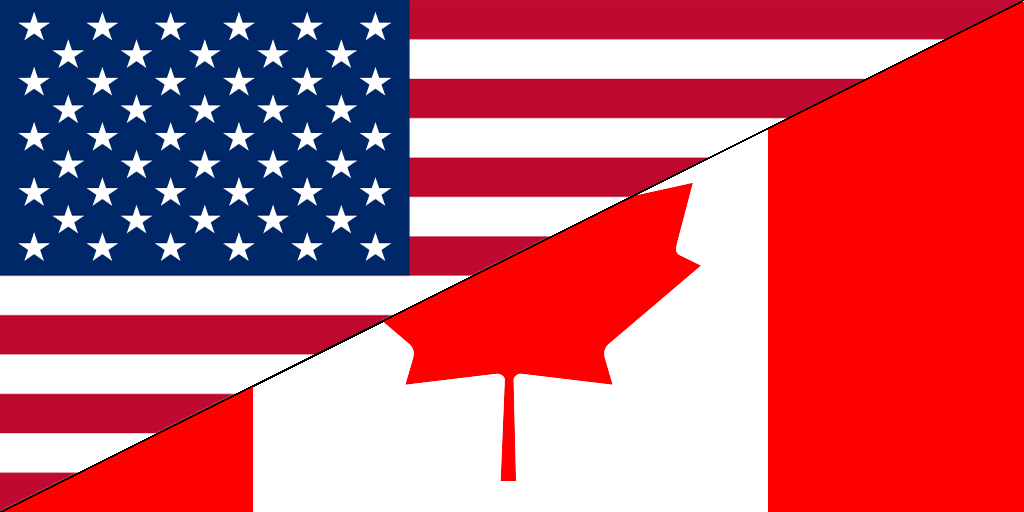
I. Introduction
Explanation of why finding a job in Canada from the US might be a good idea
Finding a job in Canada from the US can be a great idea for many reasons. Canada offers a similar quality of life to the US but with added benefits such as free healthcare, diversity, and ample job opportunities.
Working in Canada temporarily can also provide individuals with the opportunity to diversify their global work experience, work in a multicultural environment, and get a taste of life in Canada before deciding if they want to settle there permanently. Additionally, obtaining a Canadian job offer can significantly increase one’s chances of qualifying for Canadian permanent residence.
A brief overview of what the blog post will cover
In this blog post, we will explore the steps you need to follow to find a job in Canada from the US. We will discuss the benefits of working in Canada, which industries are in demand, and job search resources that may be helpful during your hunt.
You will find tips for using job search engines, connecting with Canadian professionals in your field, and building a professional network. Additionally, we will provide information on how to tailor your US resume to fit Canadian employers, how to prepare for a Canadian interview, and how to obtain a Canadian work permit. Join us on this journey to discovering your perfect job in Canada!
II. Researching job openings in Canada
Tips for using job search engines and online job boards
When using job search engines and online job boards to find employment opportunities in Canada from the US, it is essential to ensure that your job search strategy is both effective and efficient. Start by identifying the top job sites in Canada, such as Indeed, Eluta, Job Bank, and Workopolis, and set up job alerts and refine your search criteria to receive notifications on new job postings.
You can also use job aggregators such as Robert Half, Monster, and Glassdoor to cast a wider net. Make sure you tailor your resume and cover letter to each job posting and follow up on your applications to increase your chances of landing an interview.
How to find job postings through company websites and social media
One way to find job postings is by checking company websites and social media accounts. Many companies post job openings on their own websites before advertising on job search engines. It’s a good idea to follow companies you’re interested in on social media, as they may post job opportunities there as well.
LinkedIn is also a great resource for finding job postings and connecting with recruiters or hiring managers. Keep in mind that not all job postings may be advertised, so networking and reaching out to companies directly can also lead to job opportunities.
III. Understanding Canadian qualifications and certifications
Explanation of the differences between US and Canadian qualifications/certifications
One crucial aspect to consider when looking for a job in Canada from the US is the potential differences in qualifications and certifications required by employers. While some fields may have similar requirements in both countries, others may have varying standards that you need to meet to be considered a qualified candidate.
For example, healthcare professionals may need to obtain additional certifications or licenses to practice in Canada. It’s essential to research the specific requirements for your industry and take any necessary steps to ensure you’re eligible for the jobs you’re interested in
Information on how to obtain Canadian certifications if necessary
If you’re looking to work in a regulated field in Canada, you may need to obtain Canadian certifications. The Canadian Information Centre for International Credentials provides information on credential assessment for all regulated trades in Canada.
Getting your credentials assessed will help you understand the types of jobs you may be qualified for, as well as whether your credentials are equal to the standards set for Canadian workers. Remember that the licensing process can take several months or even years to complete, so it’s important to start the process well before you plan your move to Canada.
IV. Networking with Canadian professionals
Suggestions for connecting with Canadian professionals in your field
Connecting with Canadian professionals in your field can be a great way to gain insight into the job market and to develop a network that can help you find job opportunities. One way to start is by joining relevant professional associations and attending conferences and networking events.
You can also reach out to Canadian professionals on social media platforms such as LinkedIn and Twitter, or by sending personalized emails introducing yourself and expressing interest in the industry. It’s important to be respectful of their time and to focus on building a genuine relationship rather than just asking for a job.
Explanation of the importance of building a professional network in Canada
Building a professional network is crucial for career success in Canada. It allows newcomers to gain insights into the Canadian job market, learn from other professionals’ success and failures, and obtain valuable career guidance and mentorship. Networking also opens the door to new job opportunities, as many positions are never publicly advertised.
By showcasing their skills and expertise, newcomers can leave a positive impression on potential employers and increase their chances of landing a job. Building a strong network takes time and effort, but it can be instrumental in finding a job and achieving long-term career success in Canada.
V. Narrowing down job opportunities and applying
Tips for tailoring your US resume to fit Canadian employers
When tailoring your US resume to fit Canadian employers, there are a few key things to keep in mind. Firstly, Canadian resumes are typically shorter than their US counterparts, so focus on summarizing your experience and skills in a concise way.
It’s also important to highlight any Canadian experience or qualifications you may have, as this shows employers that you understand the local market. Finally, ensure that your resume is formatted in a way that is easy to read and visually appealing. Use bullet points and headings to make it clear and organized. By following these tips, you’ll increase your chances of securing a job in Canada.
Discussing common cover letter mistakes and how to avoid them
Writing a great cover letter is crucial to landing a job, but it can be tricky to get right. One of the most common mistakes is focusing too much on yourself and not enough on what you can do for the company.
It’s important to tailor your cover letter to the specific job and highlight relevant skills and achievements. Another mistake is writing a novel-like letter that is too long and overwhelming. Keep it concise and to the point. Triple-check for spelling and grammatical errors, and always address it to the correct person. Avoid these common mistakes to increase your chances of landing the job.
VI. Preparing for a Canadian job interview
Differences between Canadian and US interview styles
There are some key differences between Canadian and US interview styles that job seekers from the US should be aware of. Canadians tend to place a high value on punctuality, personal space, and directness when communicating.
They also prefer candidates who demonstrate a high degree of self-awareness and take ownership of their own career decision-making. It’s important for job seekers to research a company’s culture and values prior to the interview to ensure they are presenting themselves in the best possible light. Practicing and preparing for a Canadian interview can also go a long way in demonstrating a candidate’s interest in and respect for Canadian culture.
Suggestions for practicing and preparing for a Canadian interview
Preparing for a Canadian job interview might seem overwhelming, especially if you’re new to the country. However, with a bit of practice and preparation, you can ace your interview and land your dream job! One suggestion is to research common interview questions for your role and think about how you can answer them in a clear and concise manner.
You can also ask a friend or mentor to conduct a mock interview with you to help you prepare. Additionally, consider practicing your elevator pitch and preparing a portfolio or work samples to showcase your skills and experience. With these tips, you’ll feel confident and ready for your Canadian job interview.

VII. Moving to Canada
Explanation of the processes and requirements for obtaining a Canadian work permit
Obtaining a Canadian work permit can be a complicated process with many requirements. Most foreign workers will need a Canadian job offer supported by a Labour Market Impact Assessment (LMIA), although there are exceptions.
The process can vary depending on which type of work permit is being applied for, and certain eligibility requirements must be met. There are options for closed work permits tied to specific employers, as well as open work permits that do not require a job offer or LMIA. It is important to note that work permit applications must be accompanied by the necessary supporting documents and fees.
Tips for finding housing and adjusting to life in a new country
Finding suitable housing and adjusting to life in a new country can be a daunting task, but with a little preparation and research, it can become an exciting adventure. Start by researching the city or province you will be moving to and determining where you would like to live based on your needs and budget.
Consider joining online ex-pat groups or contacting local real estate agents to get a better feel for the housing market. Once you have a place to live, try to immerse yourself in the local culture and customs, make new friends, and explore your new home to feel more at ease in your new surroundings.
VIII. Conclusion
Recap of major points
In this blog post, we’ve covered a lot of ground when it comes to finding a job in Canada from the US. We’ve discussed the benefits of working in Canada, how to use job search engines and online job boards, how to find job postings through company websites and social media, and the differences between US and Canadian qualifications and certifications.
We’ve also talked about building a professional network in Canada, tailoring your resume and cover letter, practicing for Canadian interviews, and obtaining a Canadian work permit. Lastly, we’ve touched on finding housing and adjusting to life in a new country. With all of this information in mind, we hope you feel more prepared and confident in your job search journey in Canada.
Encouragement for pursuing a job in Canada from the US
If you’re thinking about pursuing a job in Canada from the US, I say go for it! Canada offers a welcoming and diverse community, free healthcare, and ample job opportunities. Plus, the experience of working in a multicultural environment and building a professional network can be invaluable. While the process of finding a job and obtaining a work permit may take some time and effort, it can greatly enhance your career and personal growth. So don’t be afraid to take the leap and apply for that job in Canada. You never know where it might take you.
Frequently asked questions (FAQs)
As with any new endeavor, there are always questions that come up when it comes to finding a job in Canada from the US. Some common questions include:
1: What are the major industries in Canada that offer job opportunities to foreigners?
Answer: Canada has a diverse economy with thriving industries such as technology, healthcare, engineering, finance, and natural resources. These sectors often have employment opportunities for skilled professionals from around the world.
2: Is it necessary to have a job offer before applying for a work visa in Canada?
Answer: While having a job offer can streamline the visa application process, it is not always mandatory. Certain work permits, such as the International Experience Canada program, allow individuals to apply for a visa without a job offer.
3: How important is networking when searching for a job in Canada?
Answer: Networking is highly important when seeking employment in Canada. Building professional connections, attending industry events, and utilizing online platforms like LinkedIn can significantly increase your chances of finding job opportunities and getting referrals.
4: What documents are required for the work visa application process?
Answer: The specific documents required for a work visa application may vary depending on the type of visa and your individual circumstances. Generally, you will need a valid passport, proof of qualifications and work experience, a job offer letter (if applicable), and evidence of financial stability.
5: Are there any government resources available to help with the job search in Canada?
Answer: Yes, the Canadian government provides various resources to assist job seekers. The official website of Immigration, Refugees and Citizenship Canada (IRCC) offers valuable information about work permits, job markets, and pathways to immigration. Additionally, provincial government websites often provide job boards and employment support services.
More Jobs:-
Free visa sponsorship farm jobs in Canada 2023 2024
Urgent Hiring Farm worker Jobs in Canada
Farm Jobs in Canada With Free Visa Sponsorship 2023
Canada Post Jobs | Canada Post Hiring 2023





